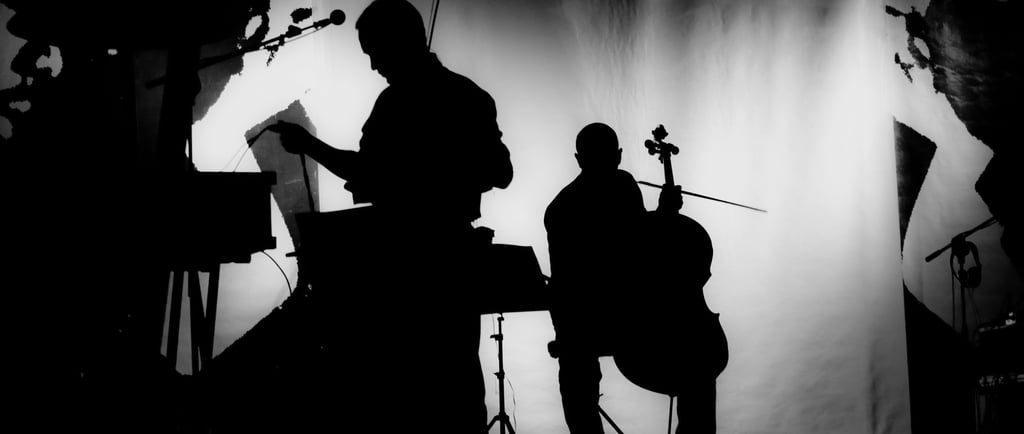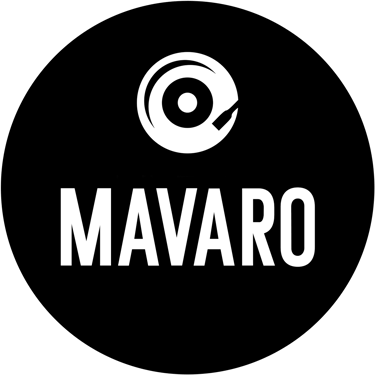When Should You Hire a Film Composer for Your Film Score?
When should you hire a composer for your film? Learn why the best time is earlier than you think — plus how early collaboration can save time, reduce stress, and elevate your story.


(And Why It’s Earlier Than You Think)
If you’re an indie filmmaker or producer, you might think hiring a film composer comes last. You picture-lock, send it off, and wait for the film soundtrack, right?
Well, not exactly.
In reality, involving your film composer earlier in the process — sometimes as early as the script stage — can dramatically improve the quality of your original film score, reduce stress, and even save money in the long run. Here’s why and when to hire a composer for your film.
❌ The Typical Mistake: Leaving Music for Last
A common scenario: the film is edited and picture-locked. There’s a temp score in place. The deadline is approaching. Now it’s time to bring in the composer.
But here’s what often happens:
• The composer has little time to explore, iterate, or deliver custom themes
• You end up asking for “something like the temp track” instead of something fresh
• The budget is already stretched, leaving little room for creative recording or refinement
• Worse, the composer’s schedule may already be full — so rush fees or compromises follow
Last-minute scoring is like asking for a tailor-made suit two days before your wedding. You might get something that fits, but don’t count on it being perfect.
✅ The Ideal Moment: When the Script Is Locked (or Almost)
The best time to start a conversation with your composer is when the script is complete — or nearly there. This is when the film’s emotional and narrative shape is clear, but still flexible enough to benefit from another creative perspective.
A good composer can:
• Offer early musical concepts to support the story’s tone and pacing
• Identify emotionally important moments that could be enhanced through score
• Flag opportunities for recurring themes or motifs
• Suggest creative uses of silence or sound design
• Raise questions about timing, scene transitions, or dramatic flow
This doesn’t mean the music gets written immediately. It just means the dialogue starts — and with that, your composer can begin blocking time in their calendar, planning resources, and thinking about your film long before it hits a time crunch.
Early involvement often means lower stress, fewer rush fees, and a significantly higher quality custom film score.
🎥 Other Great Entry Points (If It’s Too Late for the Script Stage)
1. During Pre-Production
Moodboards, early footage, or concept art can still inspire meaningful musical ideas — especially if your film leans into style or genre.
Also useful for:
• Planning complex sound design
• Scheduling sessions for live musicians
• Creating placeholder themes for marketing or trailers
2. During the Editing Phase (Before Picture Lock)
This is your last best chance to collaborate fully on the score.
At this stage, the cut is coming together, temp music may be in place, and a composer can:
• Run a proper spotting session with you
• Replace temp tracks with more original ideas
• Influence pacing or cue timing while the edit is still flexible
If the film score is built after picture lock and temp tracks are set in stone, many creative opportunities for a truly impactful original score are lost.
🎵 What Changes When You Involve a Composer Early
Here’s what you gain:
• A more emotionally connected score built alongside the film’s structure
• A partner who contributes creatively, not just reacts technically
• Better use of your music budget, with fewer surprises
• Improved time management — your composer can schedule properly
• More impact for festivals, distributors, and your audience — great scores elevate films in ways visuals alone can’t
📖 Collaborating at the Script Stage
Not all film composers want or are able to work from a script. But those who do (like me!) can bring a fresh set of eyes — and ears — to the project.
We can help with:
• Emotional mapping: how the arc of the story might feel musically
• Scene balance: where music might be unnecessary, or essential
• Sonic worldbuilding: is this story best served by acoustic, electronic, ambient?
It’s not about rewriting your story — it’s about understanding how music and story will work together. Film composers are also passionate cinephiles who work in storytelling every day — so they might offer surprising and valuable insights into your script.
🎬 Final Thoughts: Earlier Is Always Better
Don’t think of a composer as the person you “hire in post.”
Think of them as a department head — a creative collaborator who shapes the emotional tone of your film.
You don’t need to commit to anything big early on. Sometimes all it takes is a quick conversation to start thinking in the right direction.
Even one early call can save hours of backtracking later — and make space for something truly original.
🎵 Ready to Hire a Film Composer? Let's Talk About Your Score!
Whether you’re at the script stage, prepping for production, or deep in the cut, hiring a film composer early can make all the difference. Let’s talk about your project and explore how a custom film score can elevate your story. Even if you’re still figuring things out, I’m happy to help you explore ideas and timelines for your film music needs.
✉️ Contact me
Marco Valerio Romano
⸻
You might also like:
What Makes a Great Film Score?
How to Choose a Composer for Your Independent Film
How and Where to Find a Composer for Your Indie Film
How Much Does an Original Score for a Short Film Cost in 2025?
How Long Does It Take to Score a Film?
Can You Use That Music in Your Film? (Even If It’s Just a Cover or You Edited It)
How to Give the Composer Directions for Your Original Film Score
How to Export Files for the Composer and Audio Post-Production

